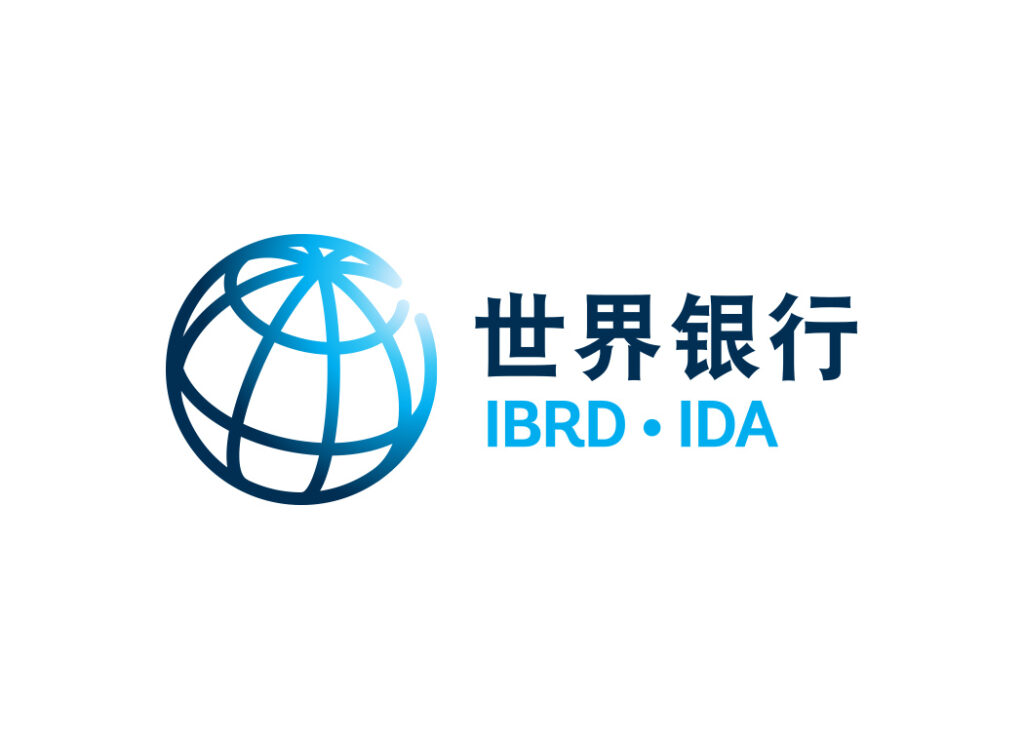My Mandarin Chinese Journey: At the World Bank
When I returned from Kazakhstan—I chose not to renew my contract, or the project ended, or something—I moved to Washington DC. My plan was to seek out short-term consulting assignments while working on a novel. The consulting gigs that came my way all involved stays in Central Asia that were longer than I was interested in, so I turned them all down. I enjoyed wandering around Washington DC and writing. My apartment was in a nice neighborhood—not far from the Chinese embassy, as a matter of fact—and there was a lot to do.
At the recommendation of a former colleague, a San Francisco-based law firm approached me about coming to work for them in their planned Singapore office. Although it sounded like the work would be very similar to what I had already done, and wouldn’t feed my international development interests, at least not directly, I was intrigued. I went out to California to interview for the job. Just as that possibility was percolating, I was contacted by the World Bank and asked to interview for a position there. I jumped at that chance, and eventually, I started to work in the World Bank’s legal department.
This was the job I wanted when I left my law firm for Harvard, so I was thrilled. I was hired to work in the East Asia Division of the Legal Department, which meant that I would be working on projects throughout North and Southeast Asia. From the beginning, my primary responsibilities were for infrastructure projects, mostly power, in China, Vietnam, and Indonesia. Perfect. A few months after I started and got the hang of how working at the World Bank was different from anything else I had done, I began to travel to help put these projects together and negotiate them with the respective government departments.
Trips to Hanoi involved an overnight stay in Hong Kong and trips to Jakarta involved an overnight stay in Singapore, although generally, I opted for the airport hotel in those countries for convenience. Because China was the Bank’s largest borrower, my most frequent destination was Beijing, with side trips to other Chinese cities. Eventually, I also made trips to Lao PDR and Cambodia (via Bangkok) as well as Mongolia (via Beijing).
Because several of the lawyers in the East Asia Division worked on China projects, we asked the Bank to hire a tutor for us. The teacher, a native Chinese speaker, worked with us for a short time, and used the same textbook I had used in Singapore! Unfortunately, because we all traveled so much, these lessons didn’t work out too well and we eventually stopped. I continued to study independently, however, and got some practice on my visits to China, which were frequent. I also loved to stop by Chinese bookstores in Beijing and eventually bought other textbooks for self-study, although I can’t say I made much progress with them.
As a result of the Asian financial crisis of the late 1990s, I also began to travel to Korea regularly. Korea had not been a World Bank borrower for many years because of its booming economy, but the crisis forced them to reach out for balance-of-payments support. Because I was the only one in the department with Korea experience, I was assigned to work with the economic team to put our loans together and negotiate them. It was difficult work, but I was delighted to make many trips to Seoul over the course of a few years, until the crisis ended. My ability to speak Korean—rusty at that point, but functional—also came in handy.
For several more years, I traveled to China frequently. Being able to speak some Chinese was a huge comfort on those trips, as it made getting around simpler, and even just being able to go out to a restaurant and order dinner was a help.
Only once during those years did I travel to China for anything other than my World Bank work. Some good friends of mine were adopting a baby from China and they were nervous about traveling there. I volunteered to go with them, to help with the language and anything else they needed. We met up in Chicago, flew to Hong Kong via Tokyo, spent the night in Kowloon—an adventure in itself because they’d never been—and then flew on to Guangzhou and our ultimate destination, Nanning in Guangxi Province. It took several days to get the paperwork done at the US Consulate and then we flew home with the baby. Quite an experience and I do think having some Chinese made it a little bit easier.
Next: Further Study



